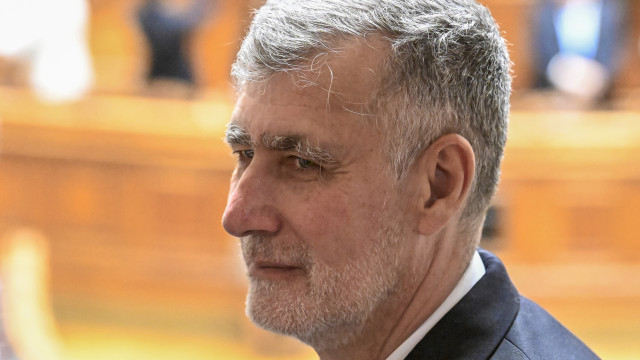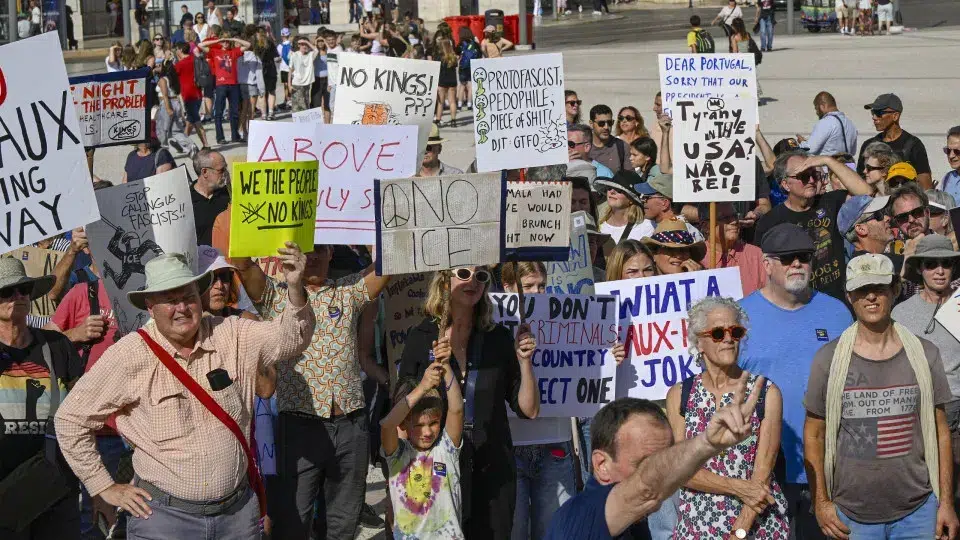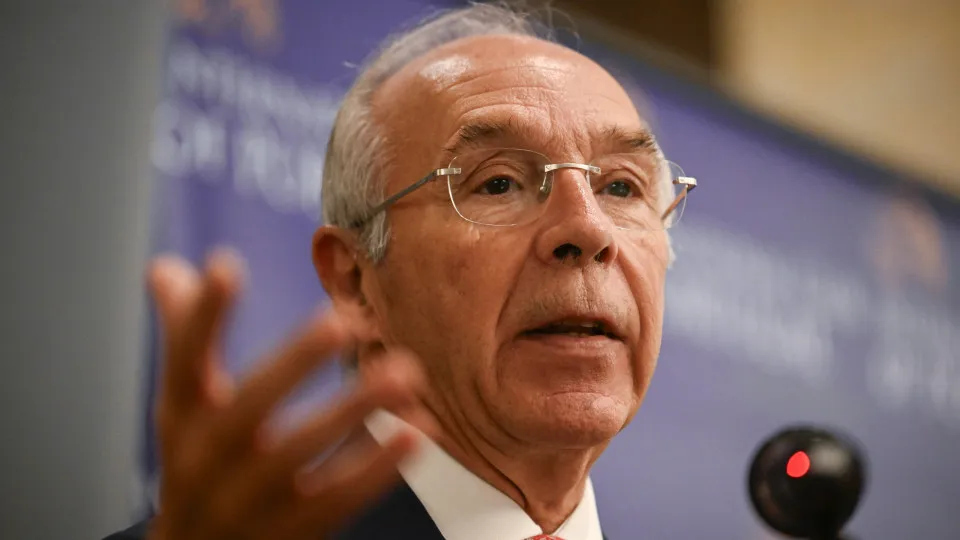
The issue of housing must be a priority at this time, urged Élvio Sousa, Secretary-General of the Juntos pelo Povo Party (JPP), after meeting with Madeira’s Finance Secretary regarding the preparation of the 2025 Madeira Budget.
Today, the official is engaging with all parties present in the regional parliament, as part of the drafting process for this year’s budget proposal, amidst the archipelago’s provisional government under a twelfths regime, resulting from a motion of no confidence approved in December that led to elections in March.
The archipelago’s budget proposal for 2025 will be debated between June 16 and 20.
Élvio Sousa emphasized that it is not feasible to remain “passive and unconcerned” waiting for the housing problem to resolve itself solely with funds from the Recovery and Resilience Plan (PRR).
“The Regional Government has 134 million euros available, and this money needs to be used for increasing the supply” of housing, he stated.
The JPP representative urged the Madeira executive to “make use of budget surpluses or positive overall balances” to boost housing supply.
The parliamentary leader of the largest opposition party in Madeira’s Legislative Assembly, holding 11 of the 47 seats, declared that the JPP is “ready to be an agent to solve this problem,” warning that “a government not seizing this opportunity is not being a friend to the people of Madeira.”
Pointing out that the housing shortage is driving many young people to emigrate, Sousa remarked that “Portugal has a 900-year history, and the region 600 years,” stressing “it’s high time to have the wisdom to solve this issue.”
The JPP also highlighted other pressing issues needing attention, including reducing the cost of living by lowering taxes and regulating energy products and addressing waiting lists for non-urgent surgeries, including consultations, exams, or operations.
After reviewing the 2025 Regional Budget, described as “a continuation anchored in the previous one” by the Finance Secretary, the party plans to propose a “one percentage point reduction in VAT,” lowering the general rate from 22% to 21% and the intermediate rate from 12% to 11%, along with a 30% reduction in IRS brackets up to the 7th bracket.
“To sustain the potential reduction in expenses (…), we will propose a measure for the Government to have an effective public expenditure reduction program,” Sousa stated.
Élvio Sousa observed that while the directives and programs of both the Madeira executive and the party may differ, they “cannot be out of touch with the problems of Madeira and its people.”
On December 9, the Madeira Budget proposal for 2025 presented by the Regional Government was rejected in the island parliament, with votes against from PS, JPP, Chega, IL, and PAN.
The only supporting votes came from the PSD and CDS-PP, whose parliamentary agreement was insufficient to establish an absolute majority.
The rejected budget proposal valued at 2.611 billion euros, with the Investment Plan budgeted at 1.112 billion euros.
A week later, on December 17, a motion of no confidence against the Regional Government was approved, submitted by Chega, resulting in the fall of the executive and the calling of early regional elections.
On March 23, the PSD secured 23 seats in the 47-member parliament, later achieving an absolute majority through a parliamentary and government agreement with the elected CDS-PP representative.
The Madeira Legislative Assembly additionally comprises 11 JPP deputies, now leading the regional opposition, a role predominantly held by the PS, which currently has eight seats. Chega elected three deputies, and IL one.




